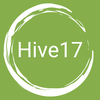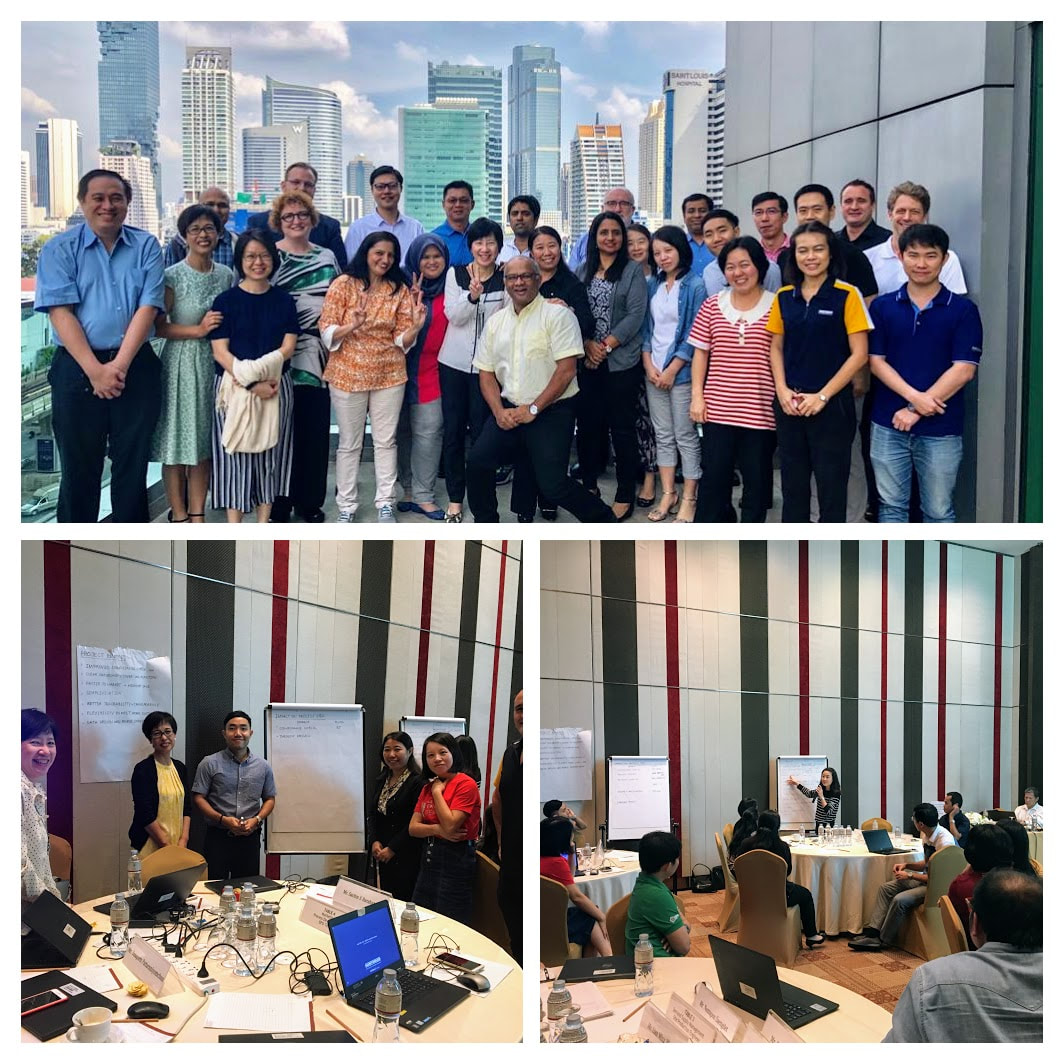|
Introducing new products in an organisation is an exciting task - we can bring new, added value to our customers. In an industrial setting, this task can be daunting with complex value chains and regulatory hurdles. Yet, to win in today's competitive environment, new product introductions need to be fast.
This was the objective for this project in the textile chemicals space. Led by the global marketing director, the project team took up the challenge to nearly half the time-to-market for product launches. In the past, the company experiences inconsistency in the product lifecycle, top-down processes and system introductions were met by resistance. At the same time, the market and many regulatory changes required more agility. A huge alignment and engagement effort across 18 different functions was necessary. As the change management practitioner of this project, I worked closely with the project manager on how we can engage the people. How can we involve as many people as possible? What is the best way to convey the business objectives and aspiration? How can we keep the people motivate over the long implementation period for the SAP module implementation? We decided for a novel approach. Typically, each function will send a few representative and in a large project team they will decide on how the project will be executed. This approach was not satisfactory as large project teams are not effective and still only engage a small percentage of the people involved. The alternative approach we took was creating communities. For each involved function and for each production site we have established one community and nominated a owner for these communities. Each community owner was then responsible to establish a collaboration routine within their communities and work on assignments related to the global project. The global project team was then working only with the community owners; assigning new activities and collecting input, feedback and comments from the community. In this way, the project team indirectly engaged with about 300 people in a structured, regular fashion. As a result, all relevant people were involved, engaged and motivated. We often repeated the business purpose of the project to make sure we are all aligned and cross-functional barriers are easily removed. The frequent dialogues established new routines and cultivated relationships across regions and functions. In the end, because so many people were involved in the blueprint design, data migration, user acceptance testing and training of the SAP module, the final go-live was surprisingly smooth and uneventful - a natural next step forward. As project leaders, we need to be creative and human-centric - this will lead to success. And curious to experiment and try new ways. How can you apply communities in your change programme?
0 Comments
Leave a Reply. |
Subscribe
Receive our monthly themed summaries of our thoughts: click! TimTim is a change practitioner in the area of innovation and excellence. He is working with teams to accelerate innovation, collaboration and agility. Categories
All
Archives
July 2024
|


 RSS Feed
RSS Feed